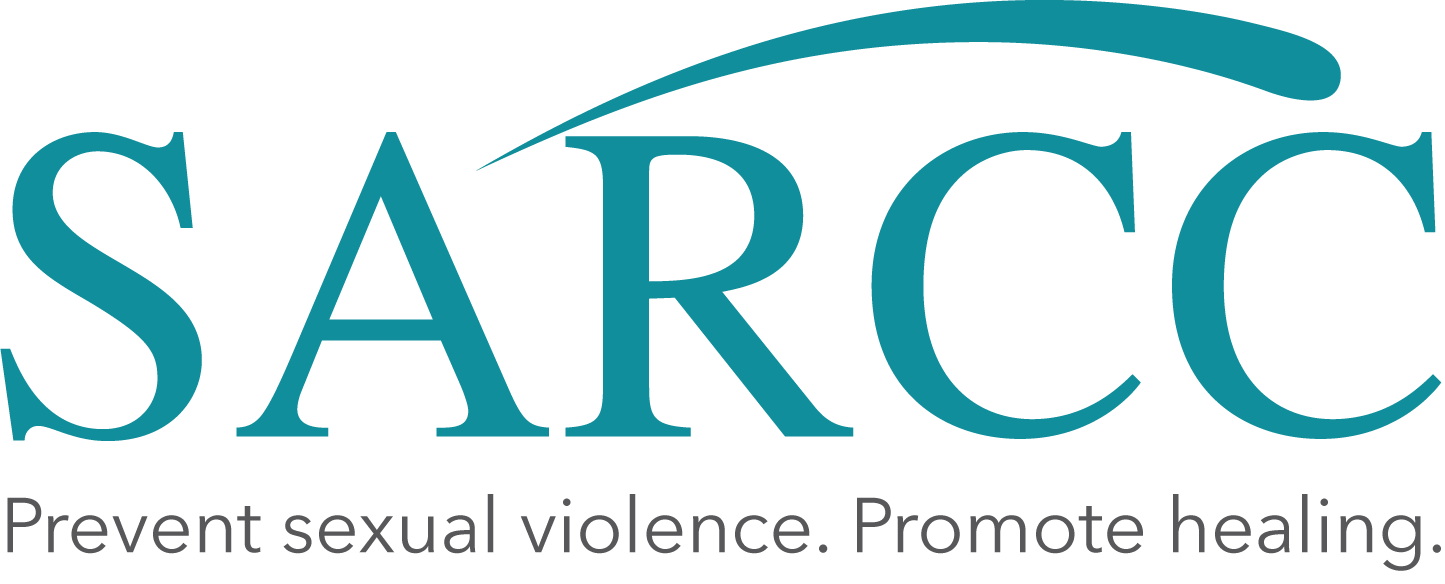SARCC defines sexual assault as any unwelcomed attention or action of a sexual nature that is conducted without the persons’ consent. Examples of this may include kissing, touching, pats on the behind, sending or receiving sexual pictures, etc., that are not wanted. (Children | PCAR; Teens | PCAR). When a person sexually assaults someone, the victim may respond in different ways. They may become depressed, anxious, have flashbacks, and other emotional reactions. Many survivors may find this difficult to talk about. We find it necessary to make it known that these are all normal and common reactions.
Survivors can use coping mechanisms to help them with the emotions they are feeling by either working through them or releasing the feelings through talking, artwork, writing, or movement. Coping mechanisms can either be healthy or unhealthy. Many experts describe meditation and working out as healthy coping mechanisms that survivors could use. Abusing drugs and alcohol are examples of risky coping mechanisms they may use.
Survivors may use drugs and alcohol to help with coping with emotions or numbing the feelings the person is experiencing. In some cases, substance abuse may occur. Traumatic reactions can come not only from sexual abuse, but from natural disasters, neglect, physical or emotional abuse, death of a loved one, war, etc (Trauma (apa.org)). Survivors may show signs of trauma in different ways, such as: nightmares, new fears, withdrawal, drug and alcohol abuse, depression, anxiety, etc (Tip Sheet: Warning Signs of Possible Sexual Abuse In A Child’s Behaviors | Stop It Now). Following the trauma, survivors may also experience Post Traumatic Stress Disorder (PTSD). With all these emotions and reactions from the brain and body, it could be hard for a person to cope with it all. Drugs and alcohol can lead to suppressing those emotions or numbing the feelings the person is experiencing.
SARCC offers counseling, advocacy, accompaniment, therapy, and 24/7 support lines for survivors who need to talk or need help working through these emotions. Healing – SARCC (sarccheals.org)
This blog post was developed by SARCC Intern Amber Schneck.
Highlights from the Week:
- Congrats to SARCC Board Member Mikaela Gavaletz on hosting another successful Schuylkill County PrideFest on June 8, 2024!
- Reminder that Lebanon’s Got Pride will take place on June 23, 2024 from 1-5 pm on 8th Street by the Farmers Market. If you would like to assist at the SARCC table, or as a volunteer for that day, please let me know!
- SARCC Prevention programs are underway at summer camps and programs in both counties! Shout out to Josh Spaulding and Taelor Norwood for getting some programs in at South 6th Street Playground this year for the first time! BOLO for a summer fun consent video explanation from Clarissa soon!


